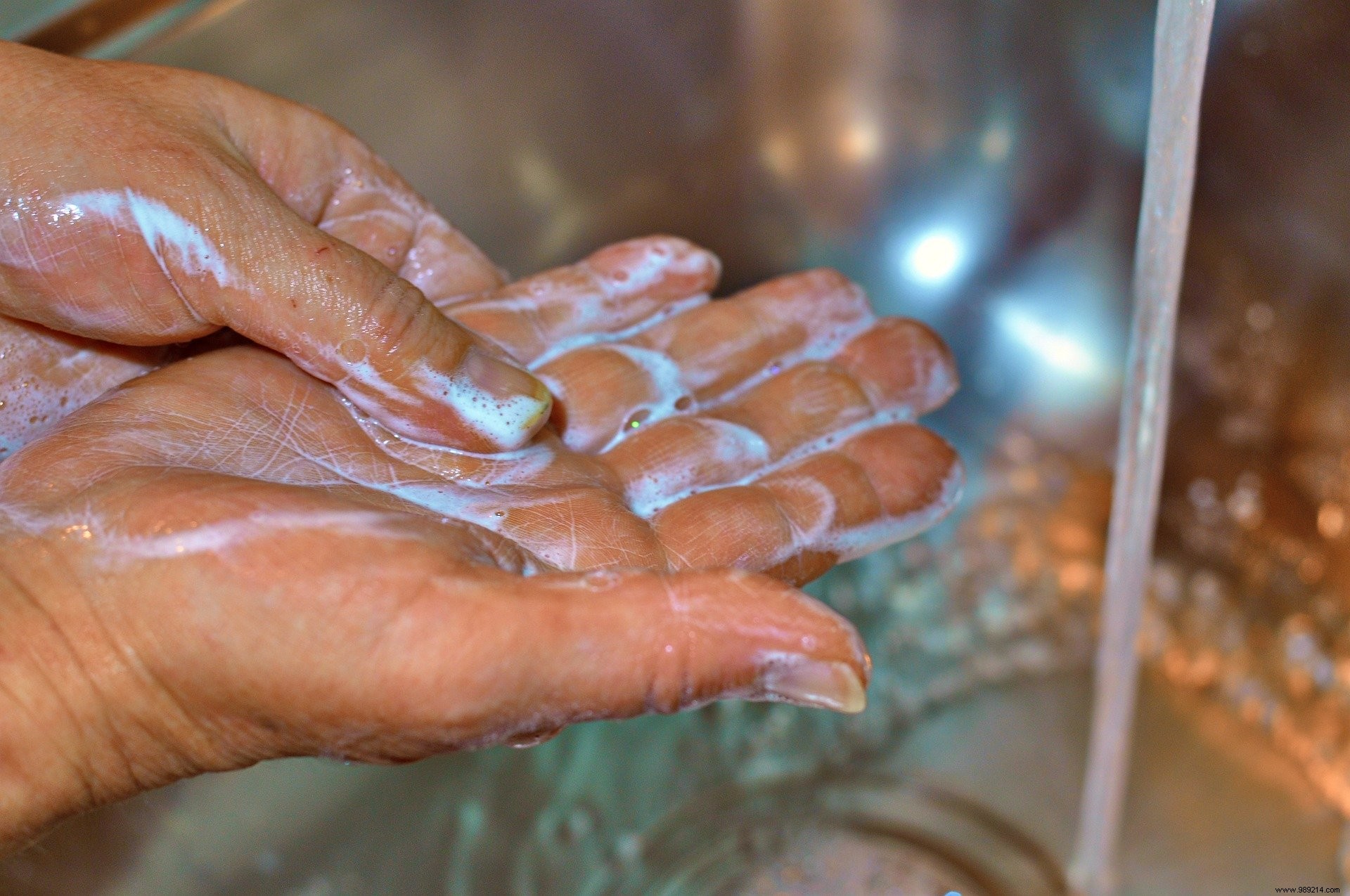Because of the Covid-19 pandemic more than ever, everyone should make sure to wash their hands as much as possible. However, the rest of the body should not be given so much attention. In any case, this is what estimates a scientific editor of the American magazine The Atlantic .
James Hamblin is a professor at the Yale School of Public Health and author of a forthcoming book titled Clean:The New Science of Skin ("Clean:The New Science of Skin"). Also science editor for The Atlantic magazine , the interested party estimated in a recent article that we wash ourselves too much. He explains that besides the hands, the rest of the body should not be cleaned too frequently.
The author discusses the current Covid-19 crisis and reminds us that it is necessary to wash your hands for about twenty seconds many times a day. According to him, this is a particularly useful habit to prevent the spread of the coronavirus.

On the other hand, James Hamblin believes that this opportunity should be seized to “reconsider what level of cleanliness is good for us, and what practices we could profitably do without ". This statement may seem curious at first sight, but the author did not fail to explain himself.
In his article, James Hamblin quotes the Canadian dermatologist Sandy Skotnicki, officiating in the city of Toronto. When the air becomes dry around October in Canada, the specialist regularly sees patients suffering from itching flock to his office. However, before becoming a dermatologist, Sandy Skotnicki studied microbiology. Thus, the expert is interested in the environment, in particular the microbial environment on our skin.
Sandy Skotnicki systematically asks this type of patient how they shower. Most of the time, it is a question of shower gel and a washcloth to rub the entire body . However, this happens twice a day for people doing sports. Sandy Skotnicki advises them instead to practice a toilet in the armpits, groin or feet. The goal? Avoid washing or even wetting places that do not need it as frequently.
According to the expert, water, and especially hot water, helps to remove oils from the outer layers helping to preserve moisture in the skin . In other words, the more the skin is dry and porous, the more it is sensitive to irritants and allergens. For example, eczema spreads more in people with a genetic predisposition to the disease, especially with excessive washing . Finally, the dermatologist believes that the trillions of microbes living on our skin represent the largest organ of our immune system.